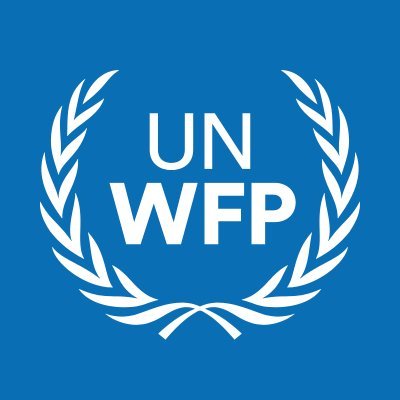ISLAMABAD – The United Nations World Food Programme (WFP) and the Planning and Development (P&D) Department of the Government of Balochistan have signed an agreement for the implementation of the Gwadar-Lasbela Livelihoods Support Project II (GLLSP-II) to improve nutrition behaviours and practices for food insecure communities in the Gwadar and Lasbela coastal districts. These areas are highly exposed to climate shocks, resulting in lower productivity in agriculture, livestock and fisheries.
Funded by the International Fund for Agricultural Development (IFAD), the agreement was signed in Islamabad between Rathi Palakrishnan, WFP Country Director a.i in Pakistan and Rehmat Dashti, Project Director, P&D Department of the Government of Balochistan.
“I am confident that the partnership between the Government of Balochistan and WFP will help us achieve our joint nutrition targets. I appreciate WFP’s efforts to ensure long-term solutions to the malnutrition challenge in Pakistan,” said Rehmat Dashti.
The project will contribute to the prevention of malnutrition through behavioural change interventions on nutrition, building on a nationwide existing programme WFP spearheads, the Benazir Nashonuma Programme. As part of the broader Benazir Income Support Programme (BISP), the Benazir Nashonuma programme targets pregnant and breastfeeding women and children under two through close to 500 facilitation centres across most of Pakistan, including in Gwadar and Lasbela. The GLLSP-II project will also support these beneficiaries and use the ten operational facilitation centres – six in Lasbela and four in Gwadar- within government health facilities.
“The World Food Programme is deeply concerned about the worsening nutrition situation in Pakistan, including in several districts of Balochistan. The partnership will allow WFP to provide critical support to the Government of Balochistan in its efforts to raise nutrition awareness among the most vulnerable communities to improve their nutrition and overall well-being,” said Rathi Palakrishnan.
Child malnutrition in Pakistan’s flood-affected areas continues to rise sharply. A survey[1] conducted in 15 districts in Sindh, Khyber Pakhtunkhwa and Balochistan showed nearly one third of children under two are suffering from moderate acute malnutrition (MAM), and 14 percent from severe acute malnutrition (SAM). WFP is supporting the treatment of MAM cases among children and pregnant and breastfeeding women and girls through a targeted supplementary feeding programme in 23 high prevalence districts in Sindh and Balochistan.
GLLSP-II is an extension of the Gwadar-Lasbela Livelihoods Support Project’s previous phase, conducted in the same two districts. It adopts an integrated approach by the UN Rome-based agencies – the Food and Agriculture Organization of the United Nations (FAO), International Fund for Agricultural Development (IFAD) and the World Food Programme (WFP) – for climate-resilient agriculture and livestock and sustainable fisheries management.
# # #
The United Nations World Food Programme is the world’s largest humanitarian organization, saving lives in emergencies and using food assistance to build a pathway to peace, stability and prosperity for people recovering from conflict, disasters and the impact of climate change.


Comments are closed.